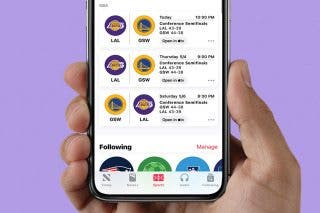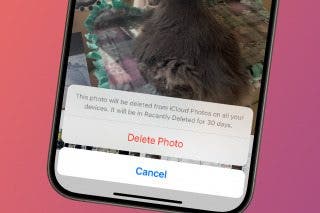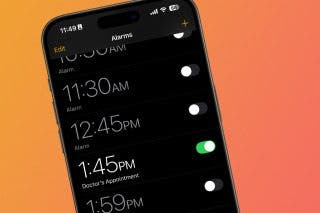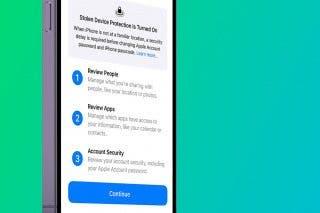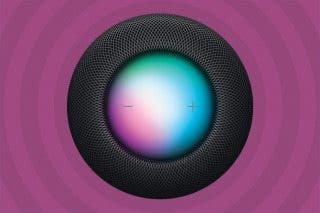Op-Ed: I Finally Upgraded from an iPhone 6 Plus to an 8 Plus; Here's What Surprised Me Most


I’ve been a loyal Apple user for decades. I’ve also been an iPhone 6 Plus user since 2014 when the device was first released, with its large 5.5-inch, high-resolution screen, its dual FaceTime-capable cameras, its more powerful battery, and so on. The iPhone 6 Plus served me extremely well, so much so that I had little interest in changing iPhones. Recently though, I upgraded to the brand new iPhone 8 Plus; and if there’s one thing that has surprised me most about Apple’s newest model iPhone, it's just how little I’m impressed by it.
Barring a handful of notable (and appreciated) incremental upgrades, the iPhone 6 Plus and 8 Plus are quite similar, especially when you consider they came out three years apart. The fact that the iPhone 8 is even called the iPhone 8 and not the iPhone 10 (X) is a side effect of Apple’s “S” series strategy, as 2017 was the tenth year of the iPhone, which would make infinitely more sense to me, since when we humans count sequentially from one to ten, we typically include a number nine between the eight and the ten.
Tech journalists often debate as to whether or not Apple has lost its spirit of innovation. I think it’s less that Apple has lost its innovative mojo and more that something like the original iPhone doesn't come along very often. The original iPhone arrived at a time when a perfect confluence of events within the smartphone market was present, allowing the original iPhone to catapult to phenomenal success. I remember when the first iPhone came out, and how virtually overnight, Apple’s first smartphone totally transformed the smartphone landscape. However, such a game-changing phenomenon only comes along every once in a while.
I can’t help but feel underwhelmed by the new iPhone 8 series of iPhones. It’s a great phone, don’t get me wrong, perhaps even one of the best in a stagnant market. But, as a recent iPhone 6 Plus convert (not even the “S” iteration, mind you) who just migrated to the new iPhone 8 Plus, I’m not blown away by it. The original iPhone blew me away. It dramatically raised the bar and helped define Apple as a leading force in the innovative and progressive forward march of 21st-century computer evolution.
Since the first iPhone, few devices have come to the forefront to seriously challenge the iPhone for dominance, but that shouldn't suggest that Apple rest on its laurels. My current theory is that VR and human-computer biological interfaces hold some clues to what I believe to be the future of not just Apple, but any other computer company that wishes to remain relevant. The VR, AR, and AI that we see glimpses of in the Oculus Rift environment, MagicLeap, and of course Elon Musk’s ambitious Neuralink endeavors are where any computer company ought to be pouring significant resources and energy.
For now, I shall continue to enjoy my new iPhone 8 Plus for what it is. It’s another great iPhone. Is it leaps and bounds beyond my old iPhone 6 Plus? Absolutely not, despite what Apple's "Reality Distortion Field" may lead one to believe. In fact, the biggest differences and improvements (like the processor chip, Force Touch or the rear camera for instance) feel like relatively small ones. In fact, at this point, other phones from the likes of Google and Samsung have some better, more innovative features than the iPhone 8 series. But despite these factors, I’m not jumping ship. I appreciate Apple’s closed ecosystem and the quality it affords; and simply put, I feel like Apple is the best of what’s around.

Dig Om
As Senior Gear Editor at iPhone Life, Dig reports on the latest and greatest accessories built for the iOS ecosystem. From rugged gear and Bluetooth speakers, to headphones, unique iDevice cases, and iOS remote controlled vehicles, Dig's articles cover a wide range of great gear for the iPhone and iPad. A core gamer for over three decades, Dig also writes iPhone Life's Game Centered column, which focuses on the best iOS games and game related news. Additionally, Dig's company, iDoc Tech Support, offers web design and administration services as well as iPhone and iPad repairs. When not at his work desk, Dig loves spending time with family and enjoying the wonders of nature. You can follow him on Twitter @idoctech
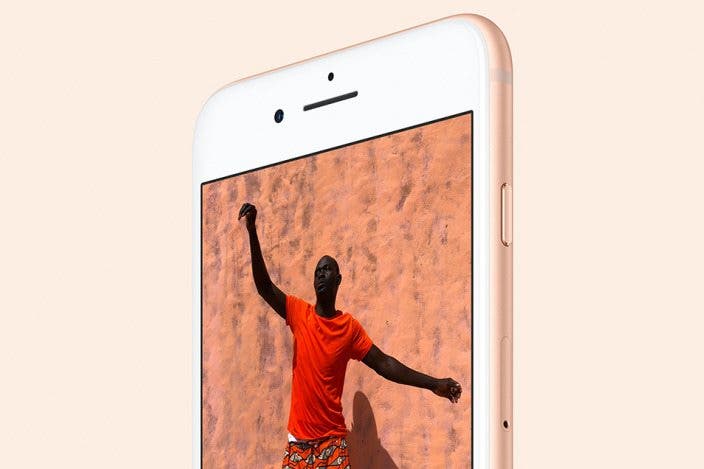
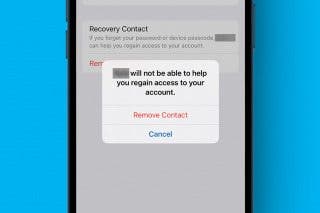
 Rhett Intriago
Rhett Intriago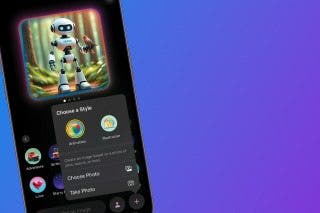

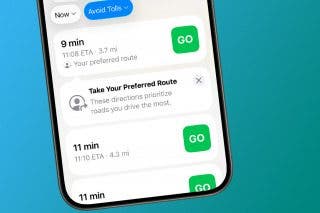
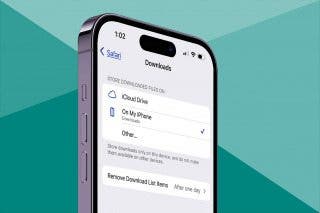

 Olena Kagui
Olena Kagui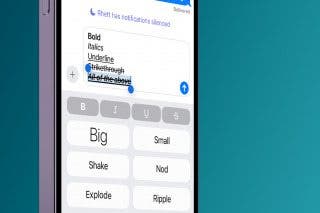
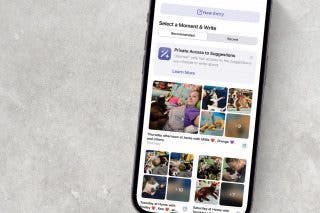
 Rachel Needell
Rachel Needell
 Leanne Hays
Leanne Hays